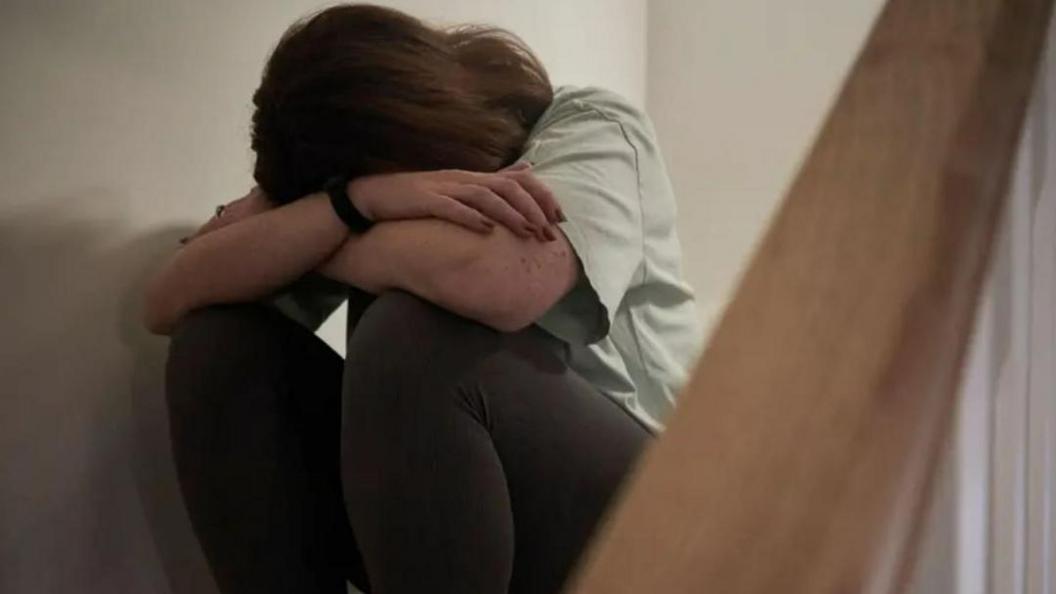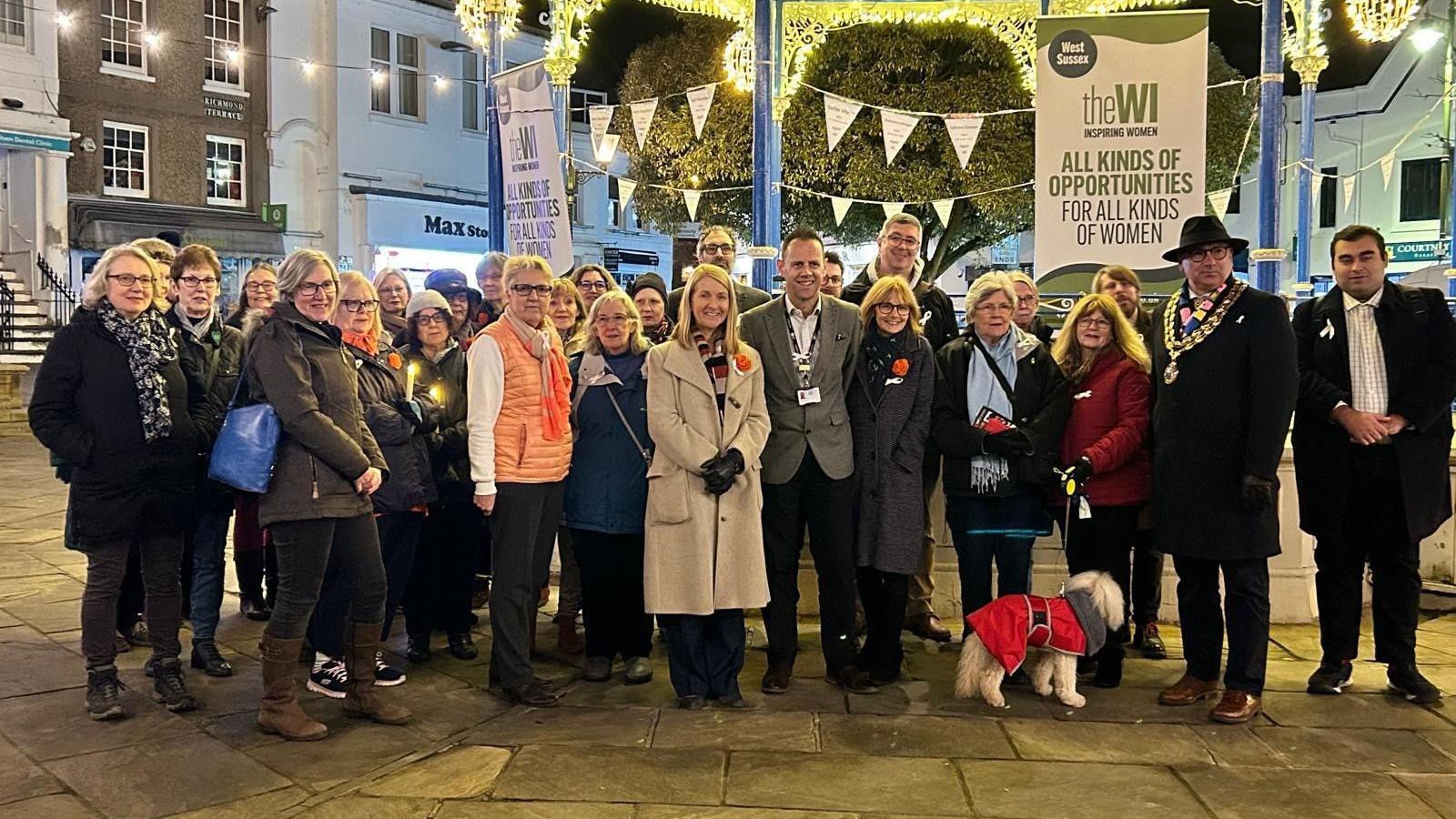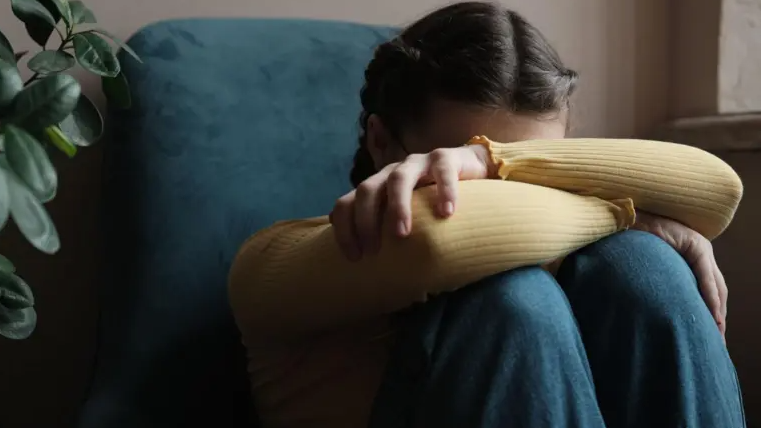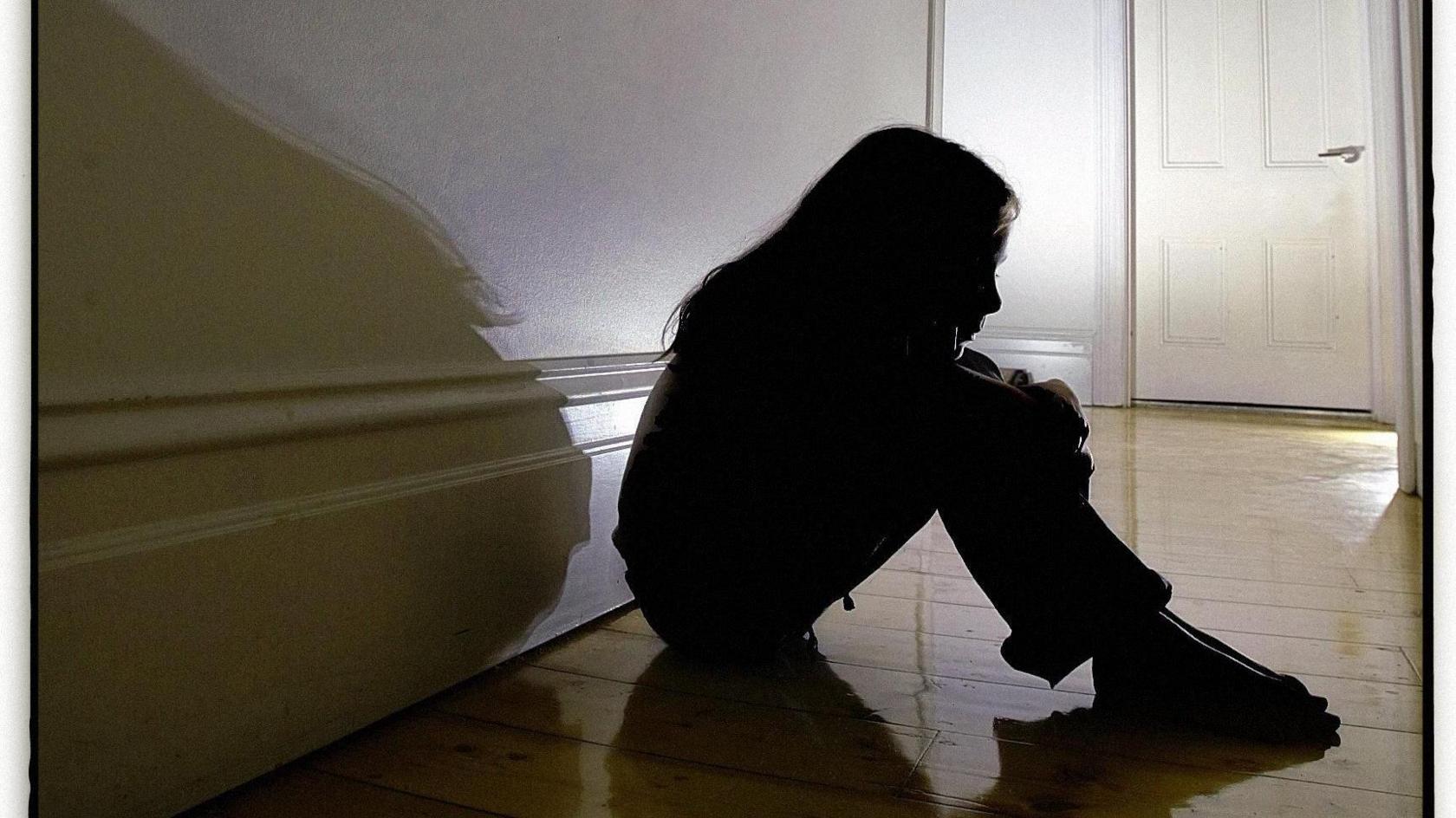'A complete subversion of a personal relationship'

Data from the Crown Prosecution Service revealed in the past decade, the number of prosecutions of coercive control cases were 1,511
- Published
A victim of domestic abuse has spoken out, a decade after coercive control became a criminal offence in the UK, about how long it took her to realise her ex-husband was abusing her.
Alice, which is not her real name, met her ex-husband at university and said during the marriage she did what he wanted to "keep the peace".
The mother-of-three said it was "very hard to recognise coercive control" and initially thought it was down to "complicated communication issues".
Data obtained from the Crown Prosecution Service (CPS) by the BBC showed there is an upward trend in the number of prosecutions in the last decade in the South East - from 18 in 2016 to 438 in 2024.
According to domestic abuse support charity Safe Lives, coercive control "describes a range of behaviours that allow someone to gain or keep control of a partner, ex-partner or family member" and is "a complete subversion of a personal relationship".
"There were limitations for what you could do," said Alice. "It was really confusing because of the mental game-playing that went on."
It has been 10 years since coercive control became a criminal offence in the UK.
Under the Serious Crime Act 2015 coercive control in an intimate or family relationship carries a maximum penalty of five years' imprisonment, a fine, or both.
The BBC obtained data from Surrey and Sussex Police through a Freedom of Information (FOI) request which revealed the number of coercive control cases recorded in the two counties.
In the past five years, Surrey Police recorded more than 3,000 reports. Of these, 40% led to arrests and 7% resulted in charges.
In the last decade, Sussex Police recorded more than 7,000 reports. Of these, 36% led to arrests and only 3% resulted in charges.
An FOI request was also submitted to Kent Police however, the force has not supplied the information at the time of publication.
'Difficult to heal'
Alice said she felt coercion was more harmful than the physical violence she experienced.
"You may have some marks and bruising, but your body will heal and it will deal with it the way it knows best," she said.
"Coercive control is so hard to prove because nobody else is in the room with you and it's your word against the perpetrator.
"There's mental scars which are so difficult to heal."
Alice is encouraging people who are experiencing coercive control to seek help.
"I struggled to speak my truth, I struggled to be honest about what was happening and I couldn't openly express what I was thinking," she said.
"When I picked up the phone to call the police, I was proud of myself for doing that and it changed the course of my whole life and future.
"You should look for help from an outsider or domestic abuse support charity to check what is really happening in your relationship because sometimes you can't make judgements on your own."
'Appalling and abusive'
Ellen Miller, chief executive of Safe Lives, said: "At the very heart of domestic abuse is the idea of coercive control and coercive controlling behaviour.
"It is a complete subversion of a personal relationship into something that's all about feeding off, taking power and taking control in a way that's appalling and abusive."
Ms Miller said examples included controlling who the victim saw, their choice of clothing, what the victim was spending their money on, career decisions, and controlling behaviour through threats of violence.
She added: "It's that idea that someone is owning your life and is causing you to live in fear.
"If something doesn't feel right, you need to ask yourself - 'is this coercive control?'"
If you are affected by any of the issues raised, help and support is available via the BBC Action Line.
Follow BBC Kent on Facebook, external, on X, external, and on Instagram, external. Send your story ideas to southeasttoday@bbc.co.uk, external or WhatsApp us on 08081 002250.
- Published25 November 2024

- Published14 February

- Published12 March
